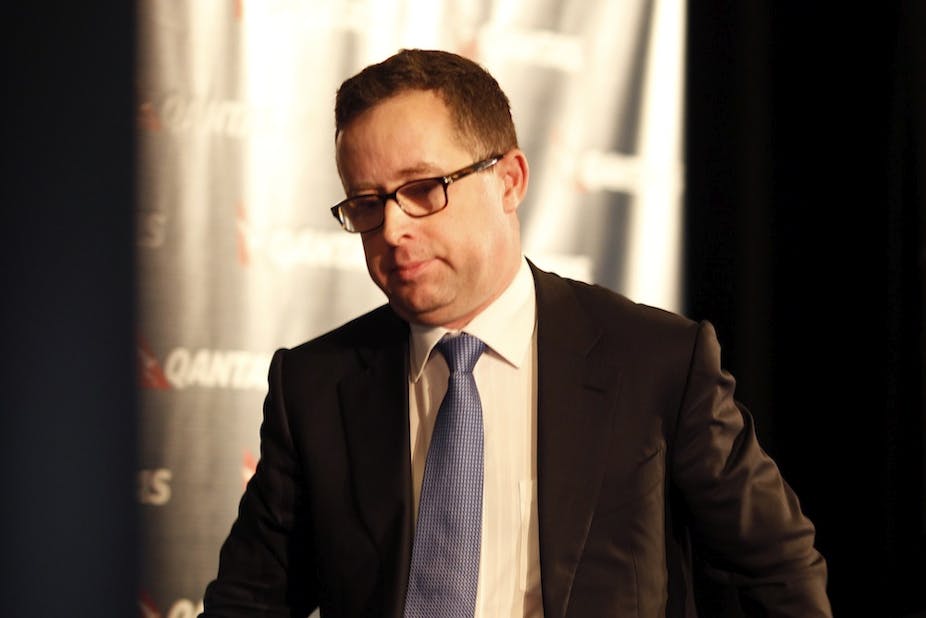As was widely expected, Qantas this morning announced a major restructure of its operations.
Included in that announcement are: 5000 job losses. A fleet restructure. Salary freezes. Route restructures. In other words almost every aspect of the operating business.
But is that really enough?
I suspect not. There are three criteria to think about when a firm is in the kind of trouble Qantas finds itself in:
- Re-establishing product market presence
- Gaining control over the financial statements (income statement and balance sheet)
- Ridding itself of senior management.
Right now Qantas is working on the second point: cutting costs. To be sure, cost management is an important aspect of every business. It is the bread and butter of management. Qantas doesn’t just have a cost management problem, however, its strategy is failing.
It is all very well cutting costs but how will Qantas re-engage with paying customers? What does Qantas have to offer that its many competitors don’t offer, and often at a lower price? Like many other products and services, airline travel is now a commodity. It isn’t clear that there is a viable market for a premium airline charging premium prices.
Cost cutting doesn’t fix the challenge Qantas faces in generating paying customers and then repeat business.
Senior management has to go. That means Alan Joyce and the board. To be fair, these problems have been a long time coming and Mr Joyce has been talking about Qantas’ “legacy cost base”. That doesn’t excuse two damning reports that have appeared in the media over the past two days.
Yesterday Sam Wylie writing in the Australian Financial Review revealed that Qantas has a break-up value of nearly A$6 per share, while its share price is currently hovering at $1.17 per share. His argument being that Qantas is not being run in the interests of shareholders. It is a serious problem when the book value of a firm is $6 billion and the market value only $2.7 billion. The market signal is clear - such a firm should be looking to contract its business.
Qantas, however, has no such plans. It has been defending its market share while trying to expand into new markets. It is here that a second media report highlights significant problems at Qantas.
Writing in The Australian Ben Sandilands reveals the extraordinary consequences of Qantas’ expansion into Asia via Jetstar. Six A320 planes idle in Hong Kong, four or five planes idle in Japan, problems in Vietnam and Singapore. This cannot be described as a “legacy” issue. Current management have to accept responsibility for the botched Asian expansion.
In many respects my argument seems to lay all the blame on the current management. But as Lord Keynes is often misquoted, “everything depends on everything else”. It is true that Qantas is hampered by the Qantas Sale Act, it is true that competition in the industry has become brutal, it is true that consumer preferences and tastes have changed over time. There are many good reasons for Qantas’ woes. None of that, however, detracts from the fact that the Qantas management have the obligation to manage the business in that complex dynamic environment and are ultimately responsible for Qantas’ current predicament.
The Australian flying public have been choosing to fly less with Qantas and more with its competitors over a long period of time. Now Qantas wants the Australian taxpayer to (help) reverse the consequences of those consumer choices. There may well be good reasons to do so, but before doing so the government (acting on behalf of taxpayers) is well within its rights to ask for much more detail.
That detail should include a timetable for refreshing the Qantas management, starting with Alan Joyce. He has been in the position for a long time and his vision has failed to sustain Qantas. A new perspective and fresh set of eyes is what Qantas needs over and above any taxpayer support.

